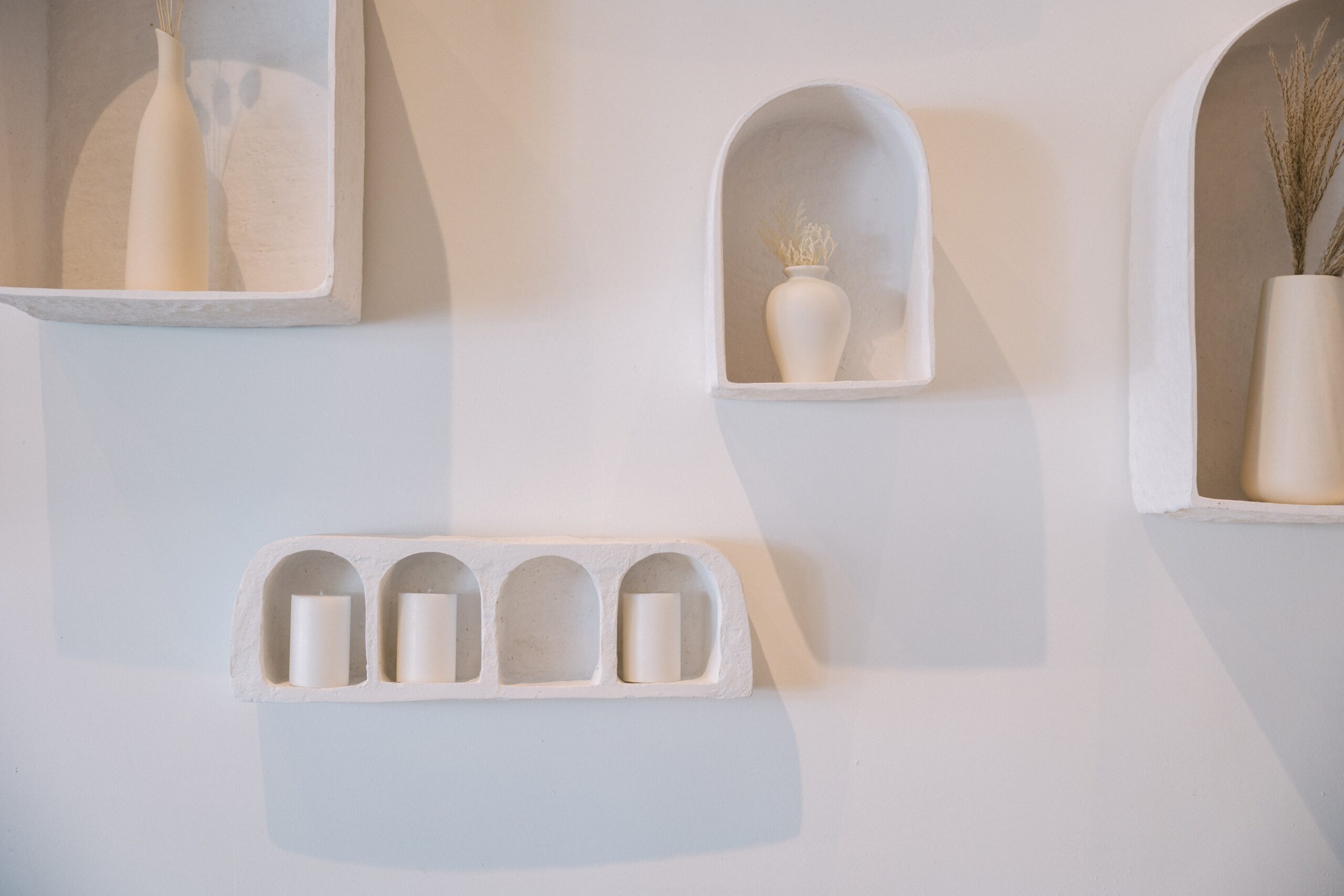This Solution Brief discusses the options for structuring a ‘property development’ venture
The proposed enterprise
This Solution Brief applies to an enterprise with the following characteristics:
- An intention to purchase, develop and sell a property for profit over the short term (as opposed to developing to hold as a long-term capital asset);
- Several sophisticated investors contribute to the cost of acquiring and developing the property. The total equity contributed from persons who do not qualify as sophisticated investors (under the Corporations Act) is limited to $2 million from no more than 20 people otherwise strict capital raising and financial licensing provisions will likely apply (please let us know if you would like advice on this aspect);
- The participants may borrow funds from a lending institution to supplement their equity contributions. Security is provided over the property to the lending institution; and
- After the development is complete, the enterprise is shut down. However, the participants may choose to invest in one or more future enterprises of a similar nature.
The structure options
An enterprise like this is at its core a ‘joint venture’ between the participating investors.
A joint venture can be carried out in a number of possible legal structures, including:
- All the participants act individually and purchase the property and undertake the development in their individual names, i.e., an ‘unincorporated joint venture’. The individuals may participate through their own personal structures, such as a discretionary trust;
- A company is established with the participants being the shareholders. The company carries on the venture in its own right; or
- A unit trust is set up in which the participants take up units. The trustee of the trust carries on the venture on behalf of the unit holders. The trustee is usually a company.
There are advantages and disadvantages to each option. On balance, it is our view that the most straight-forward option for a short-term venture is the company structure.
Playing into this analysis is that conducting multiple property develops will generally be considered to be a business, and therefore the profits will be on revenue rather than capital account. If you would like specific advice on your development, please let us know.
One advantage to a company is that they are easy to set up for each project. Investors are familiar with companies and the concept of shares, and banks are generally willing to lend to a company, provided the company has sufficient resources to ensure repayment.
Using a separate company for each project means the liabilities are quarantined as between projects. If all of the projects were carried on in one company, then a problem with one project could spill over to the other projects. If each project has its own company, then each project can have different investors.
At the end of the project, when the property has been developed and sold, the company can be liquidated.
- The ‘life cycle’ of the company for each project involves:
- Setting up the company;
- Making offers and raising capital;
- Purchasing and developing the property for sale;
- Selling the developed property;
- Paying company tax on the profit;
- Distributing the after-tax profits; and
- Liquidating the company.
One issue that needs careful planning is the payment of company tax and the distributing of franked dividends to shareholders. It may be that the company lends the surplus cash to shareholders, and then pays a franked dividend in the future to offset against these loans. The investors get the cash as soon as it is available, but the company can still pay its tax and make franked distributions to shareholders.
What next?
The initial steps to start the enterprise are:
- Preparing an Information Memoranda to explain the investment, including appropriate disclaimers and acknowledgements;
- Preparing a Subscription document for investors to take up their equity; and
- Incorporating the company with an appropriate Constitution to govern the entity from beginning to end.
If you would like to speak to someone about putting in place an Advance Care Directive, call us on 1300 654 590 or email us.
To download our solution brief, click here:
The information contained in this post is current at the date of editing – 17 April 2023.



